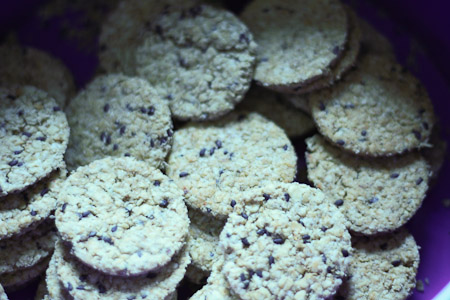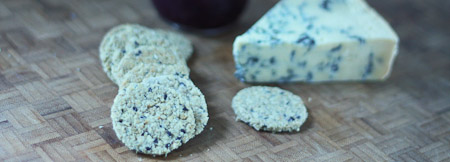September 27, 2011. I could have sworn I had been here more recently than that. But, no. Aside from swooping in from time to time and deleting spam and checking to see if anyone had commented on any ancient posts, I have been gone.
I was around for a spell, setting up a still dark, still unfinished crafty page. It has promise. Autumn was full of craftiness - lots of sewing and gluing and feeling very homemade. There was not very much cooking, not much to write about. The adjustment to my daughter’s new school and extra-curricular life kicked me in the gut. That, and trying to be serious about shifting the extra twenty pounds that has been hanging around for nearly six years meant that cooking anything that wasn’t child-friendly or low in calories, carbohydrates, fat and sugar was clearly not a priority.
I also discovered Downton Abbey. I know it really is no excuse as it only accounts for a few too short hours of the last four months (Yep, four months, I know). It is, however, very hard to not stand watching, wondering whether an extra or secret episode has unexpectedly downloaded in the twenty-six minutes since I last checked. It’s become a little consuming.
Selflessly though, here I am. Back, with something healthy and cupboard friendly and good for you and your offspring to eat without feeling like you have broken the calorie bank. I have made these oatcakes at least half a dozen times during my hiatus, each time a little different with various additions and subtractions. I have got it down though and after some alterations felt at liberty to share with you my take on an already great recipe.
Hugh Fearnley-Whittingstall, the master of all things head to tail and local and ethical and sustainable and well, you know where I am going, writes a column for The Guardian. In it, he talks of all manner of foodly things from pig's cheeks to sumac to steamed pudding to picnics. I appreciate what he does. I adapted one of those recipes from an article on biscuits to suit not only the tastes of my children but our pantry contents as well.
I spent time grinding rolled oats and pinhead oats and steel cut oats and trying to get the texture just right before I even tried it with just plain old rolled oats, unground, as they come. Turns out, I could have saved a lot of time and good, but not excellent, batches of these little cheese, jam, chutney, salmon, ham and anything else you could think to put on a cracker holders. Plain old rolled oats is the way forward as far as I am are concerned. The finished texture may rival some of the finest Scottish offerings and it was by far the easiest batch to deal with in the prep.

The original recipe suggests letting the dough rest for as long as it takes to open a bottle of wine and pour yourself a glass. I can assure you that if it rests for as long as it takes to drink that glass of wine it will not result in culinary ruin. You may have to add a touch more water and give it a slightly longer bake but it will be just as good, and maybe even a little crunchier.
As well as changing the oats, I may have added a touch more water than what Hugh recommends. He says sunflower seeds, I say use whatever takes your fancy, or you have in your cupboard. I have used nigella seeds, sesame seeds, poppy seeds, a mix of seeds and nothing. All have turned out just fine. The nigella are the prettiest and the plain ones are the most perfect oaty toastiness.

Olive Oil Oatcakes (adapted from Hugh Fearnley-Whittingstall’s Bill Rona’s Oatcakes recipe)
280 grams rolled oats
Cracked black pepper (Hugh recommends 10 twists, I think you can take it or leave it)
1/2 teaspoon salt
A small handful of seeds
75 ml extra virgin olive oil
Preheat the oven to 350ºF. Dust two baking sheets with flour. Boil the kettle.
Mix the dry ingredients. Stir in the olive oil. Make a well in the centre of the mixture. Add just enough boiling water to bring the dough together. You want the dough to be firm, not sticky.
Form the dough into a ball and allow to rest for a few minutes.
Roll out the dough on a floured surface to about 3mm thick. Cut into rounds, you will need to use a fairly sharp cutter, or using a sharp knife, cut into squares.
Place on baking sheets and bake for twenty minutes. Remove from the oven, turn oatcakes over and bake a further 5-10 minutes.
Remove from oven and cool.
Yield will depend on cutter size and shape but expect about 3 dozen 1 3/4-inch round biscuits.